Nepal goes to the polls for historic vote
Sun 26 Nov 2017, 09:29:37
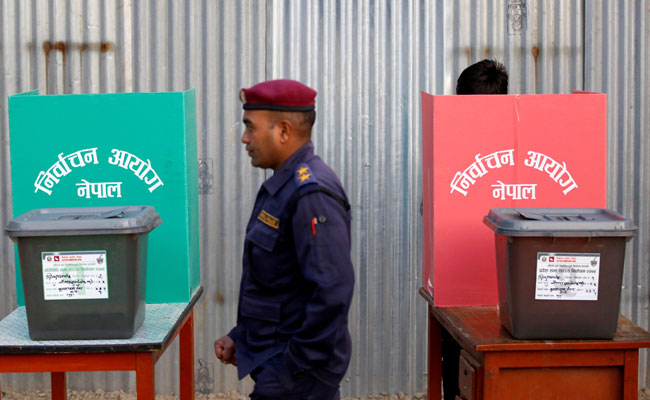
Around 3.2 million people across the north of the country are eligible to vote in Sunday's first phase. The more populous south will vote in 10 days time.
Polls opened across northern Nepal Sunday for a historic election billed as a turning point for the impoverished Himalayan nation, hoping to end the ruinous instability that has plagued the country since the end of a bloody civil war a decade ago.
The two-phase elections for national and provincial parliaments are the first under a new post-war constitution born out of a peace deal that ended the 10-year Maoist insurgency in 2006 and set the country on a path from monarchy to democracy.
It took nine years after the end of the conflict for the new charter to be agreed as a series of brittle coalition governments bickered over the country's future as a federal democratic state.
Many hope that the elections, which will establish the country's first provincial assemblies, will bring an end to political turbulence and limit the impact of the horse-trading in Kathmandu on much needed development in the rest of the country.
Lines outside polling stations started to form early in Chautara, a town east of Kathmandu, as voters, wrapped
up warm against the brisk morning mountain air, gathered to cast their ballots.
up warm against the brisk morning mountain air, gathered to cast their ballots.
"We are very excited to vote and choose our representatives," said Ram Krishna Dangal as he waited to vote.
"We hope for a stable government after this that will implement long-term programmes."
Around 3.2 million people across the north of the country, including areas badly hit by a devastating earthquake two years ago, are eligible to vote in Sunday's first phase. The more populous south will vote in 10 days time.
Three dominant parties
Nepal's constitution, finally passed in 2015, lays out a sweeping overhaul of the political system and aims to devolve power away from the central government to seven newly created provinces.
Rules laid out in the new charter will weed out some fringe parties from the parliaments and raises the bar for ousting a prime minister, leading to hopes that the next government could be the first to last a full five year term.
Nepal has cycled through 10 leaders in the last 11 years and corruption has flourished, hampering growth as well as the recovery from the 2015 earthquake that destroyed half a million homes.
No Comments For This Post, Be first to write a Comment.
Most viewed from International
Most viewed from World
AIMIM News
Latest Urdu News
Most Viewed
May 26, 2020
Should there be an India-Pakistan cricket match or not?
Latest Videos View All
Like Us
Home
About Us
Advertise With Us
All Polls
Epaper Archives
Privacy Policy
Contact Us
Download Etemaad App
© 2026 Etemaad Daily News, All Rights Reserved.



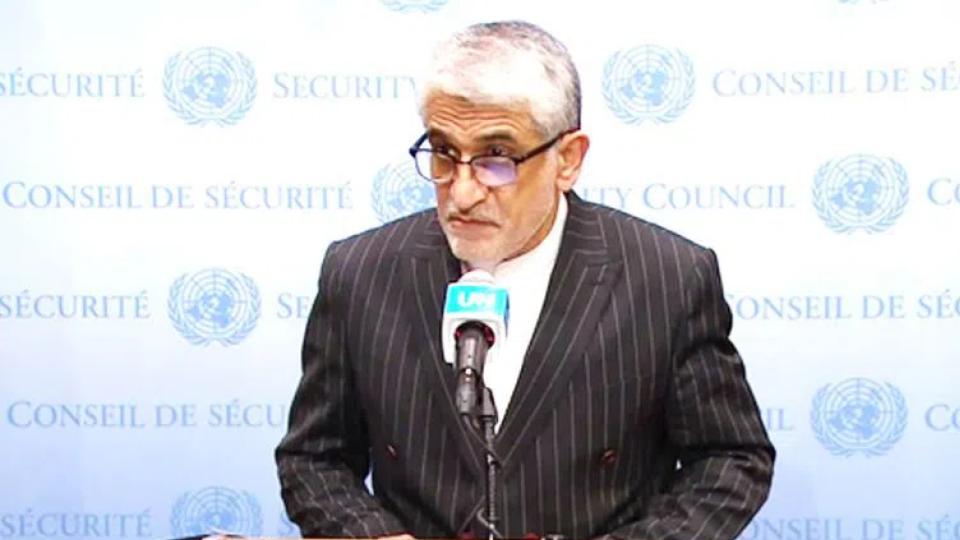
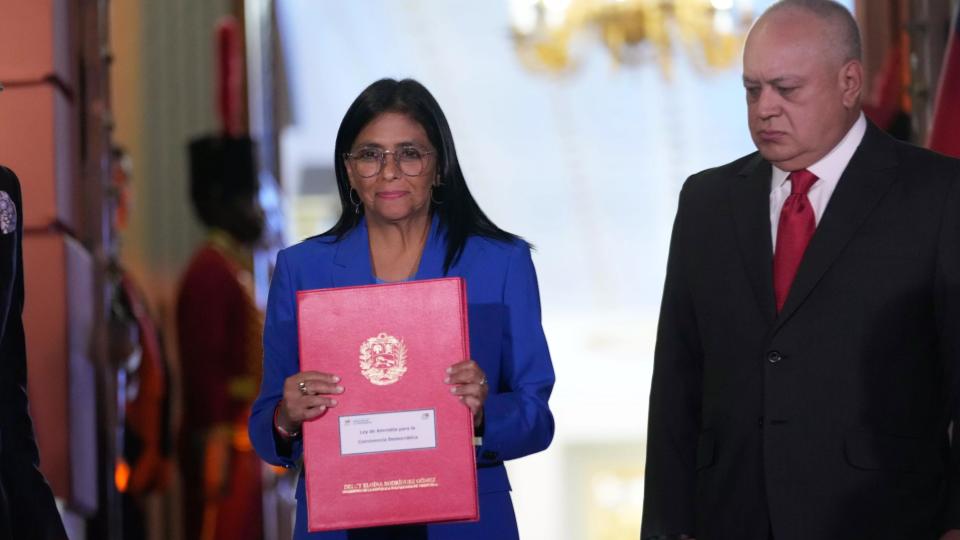

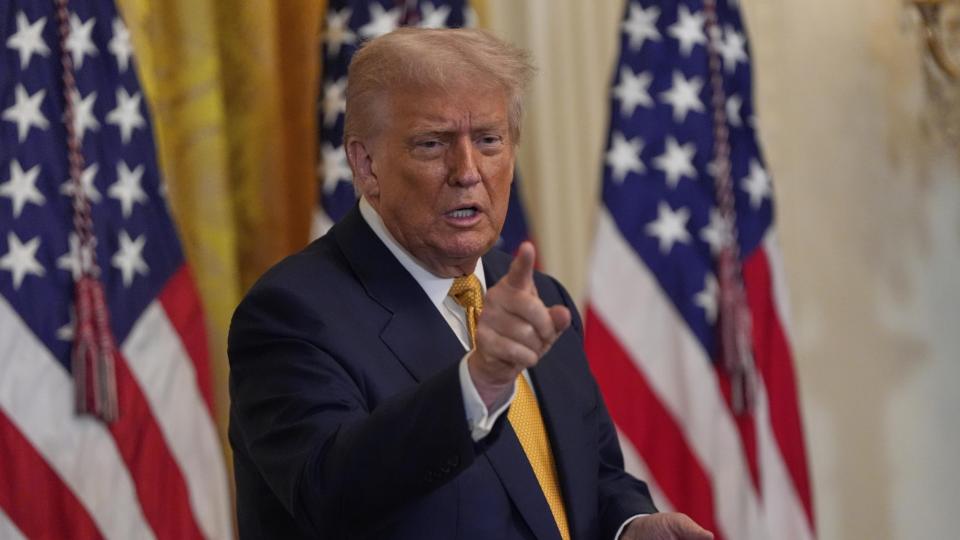
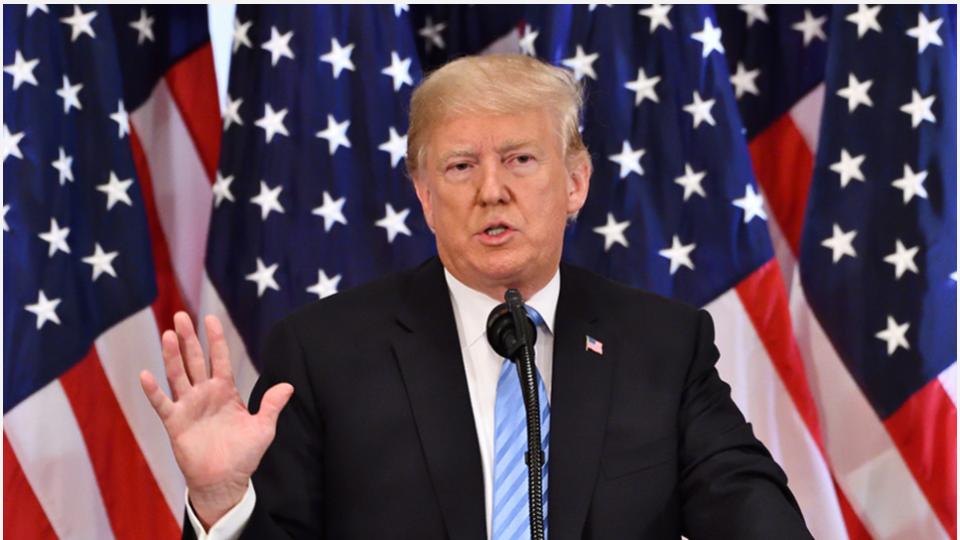
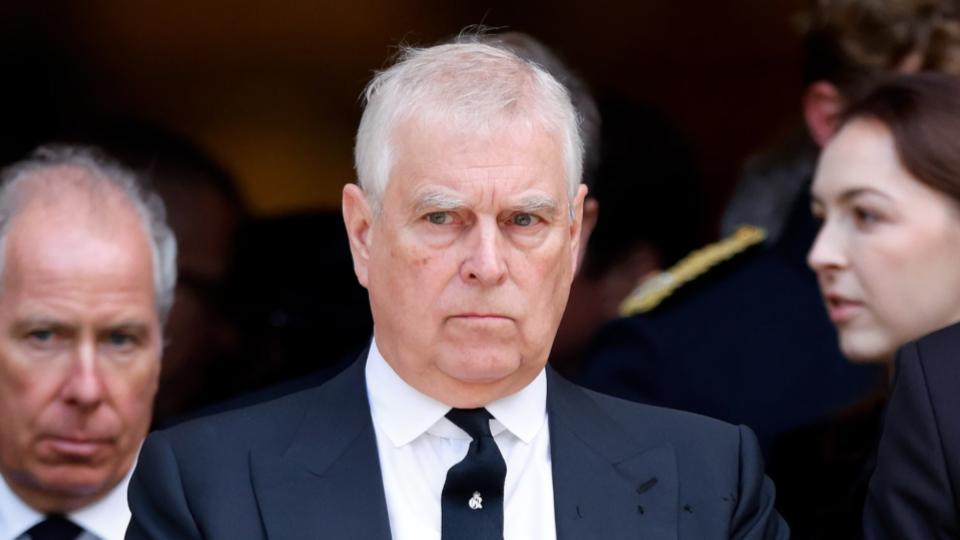
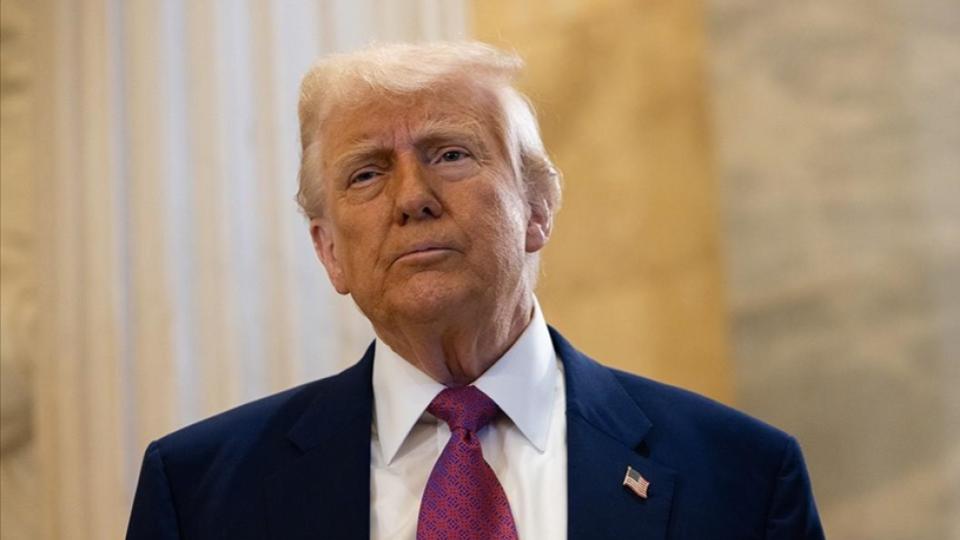
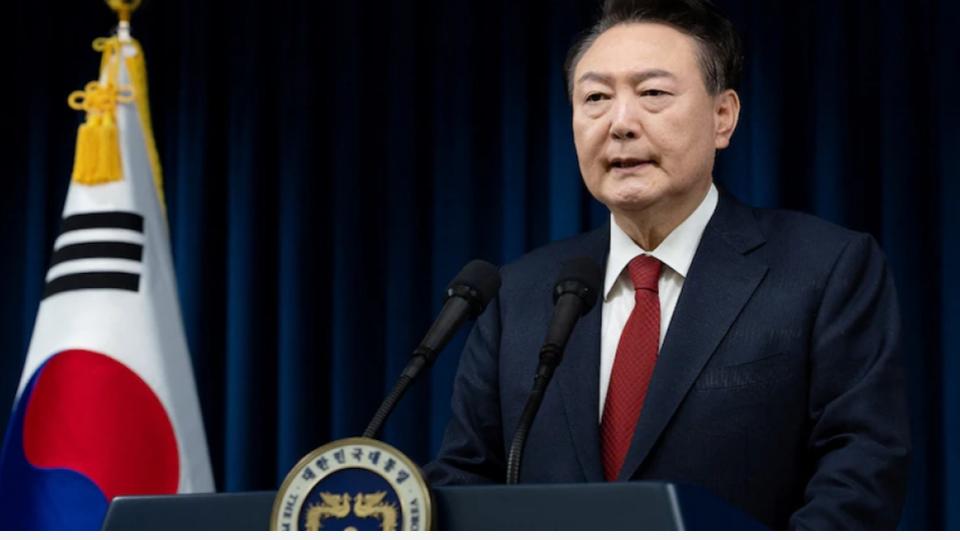
.jpg)
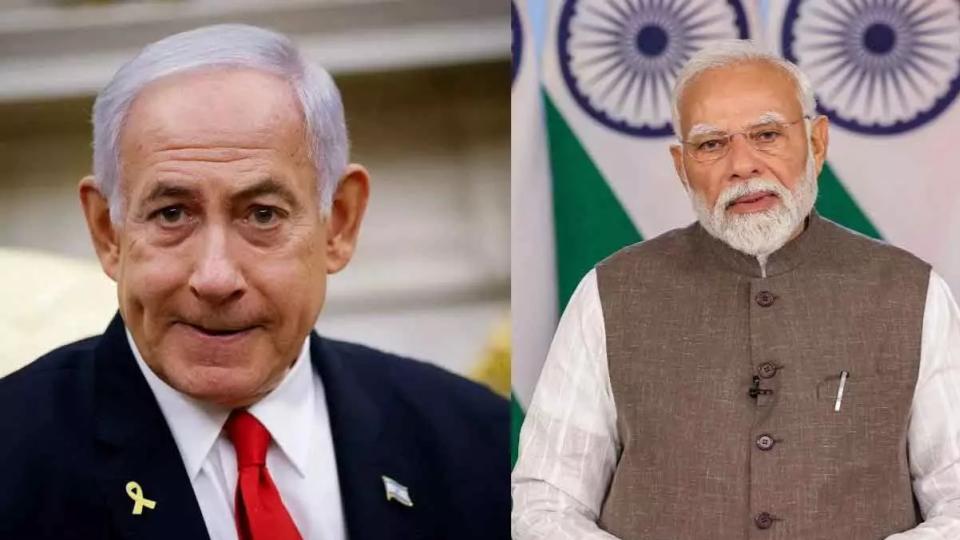
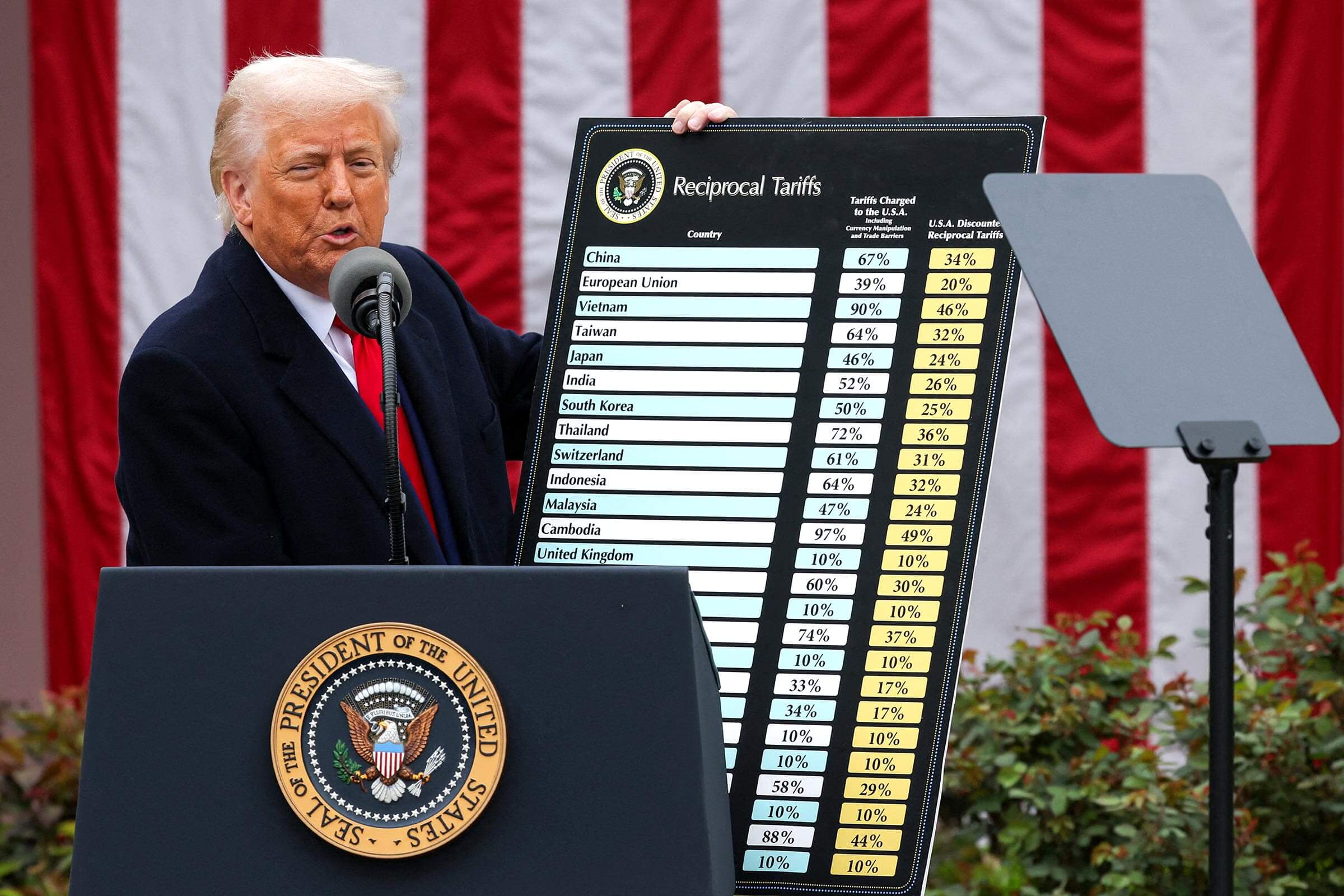
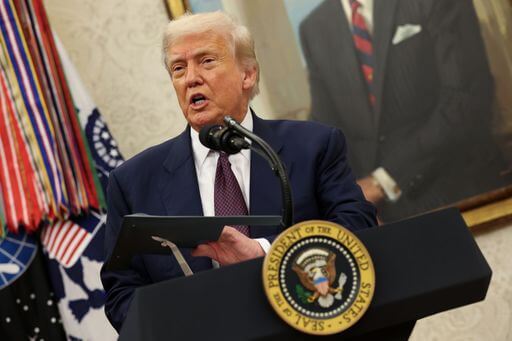
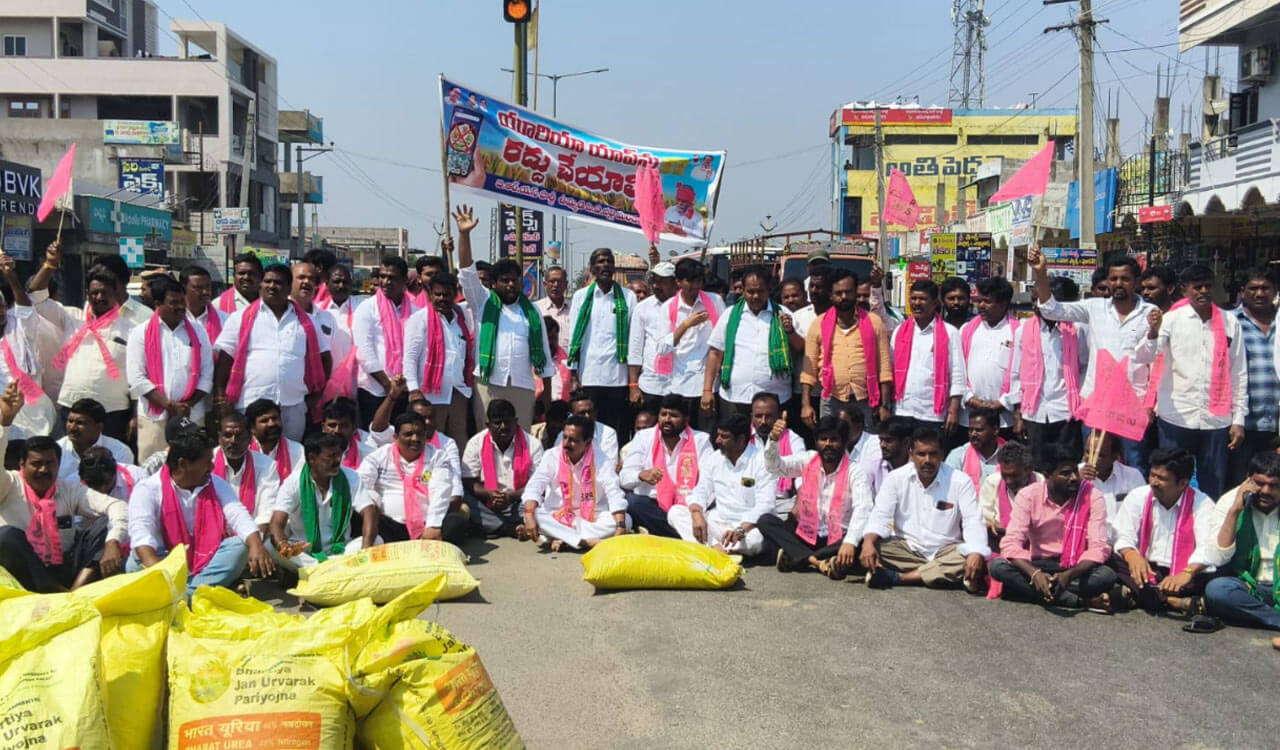
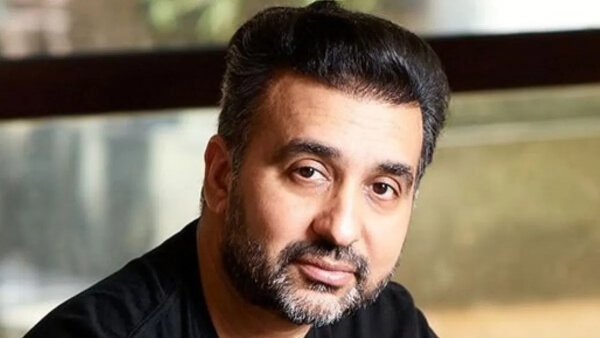
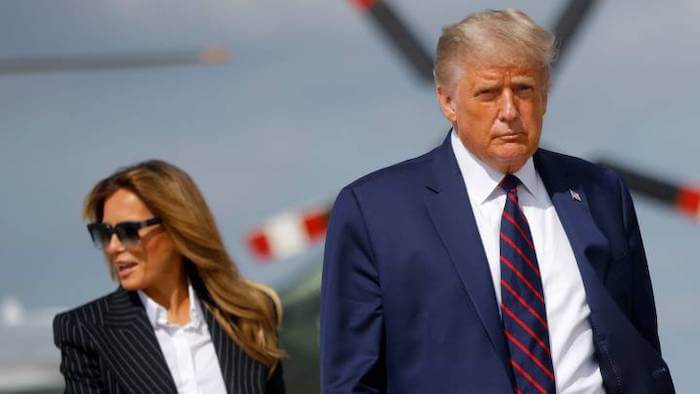
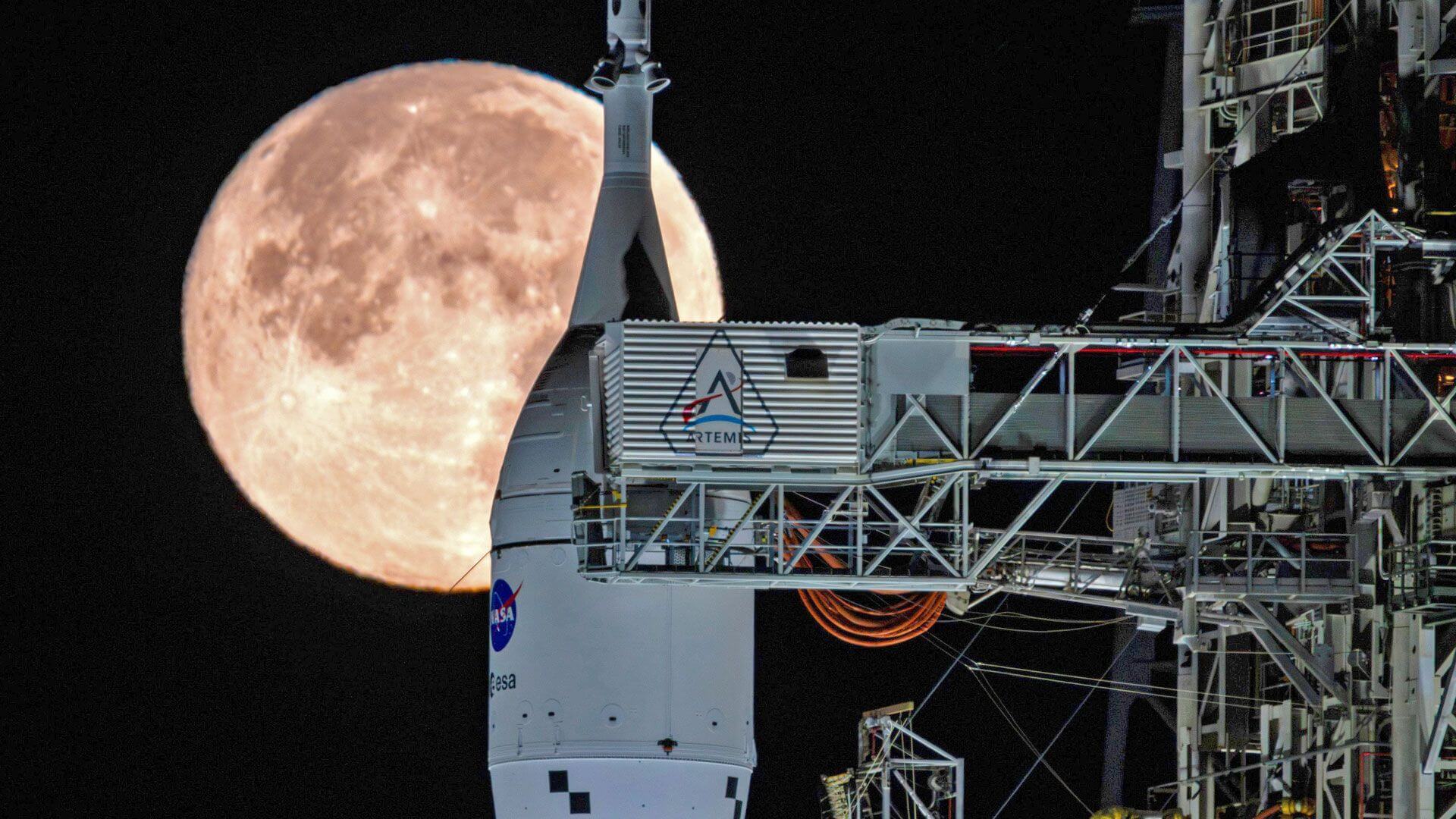
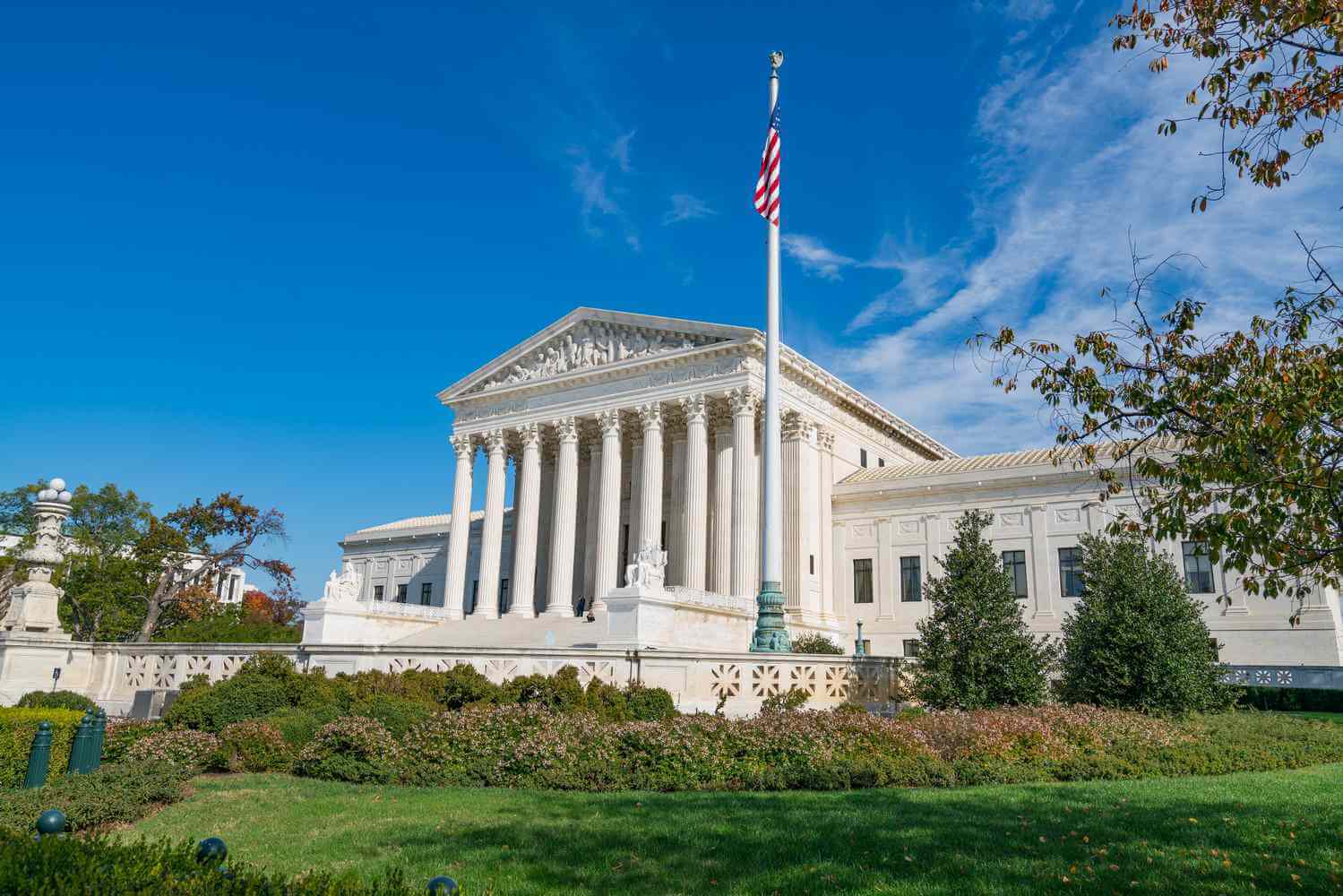
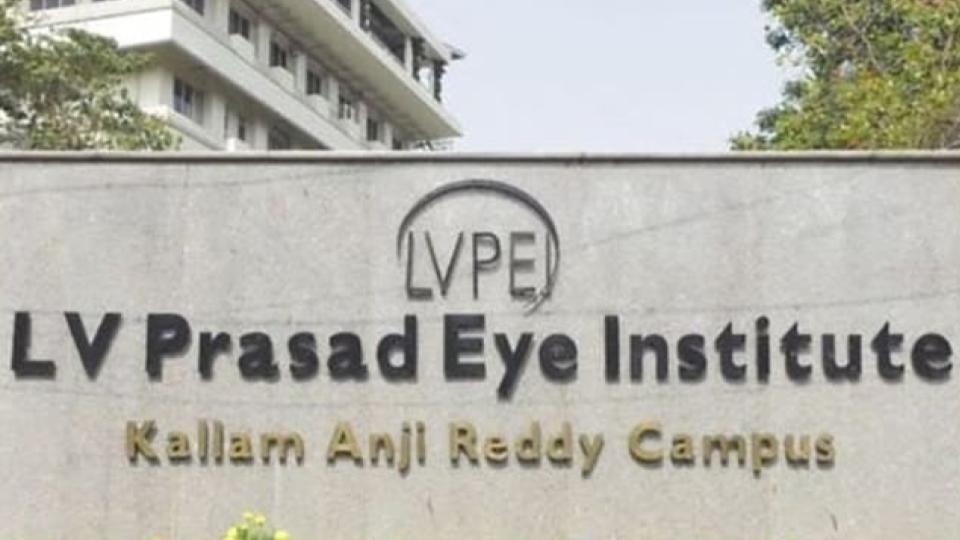
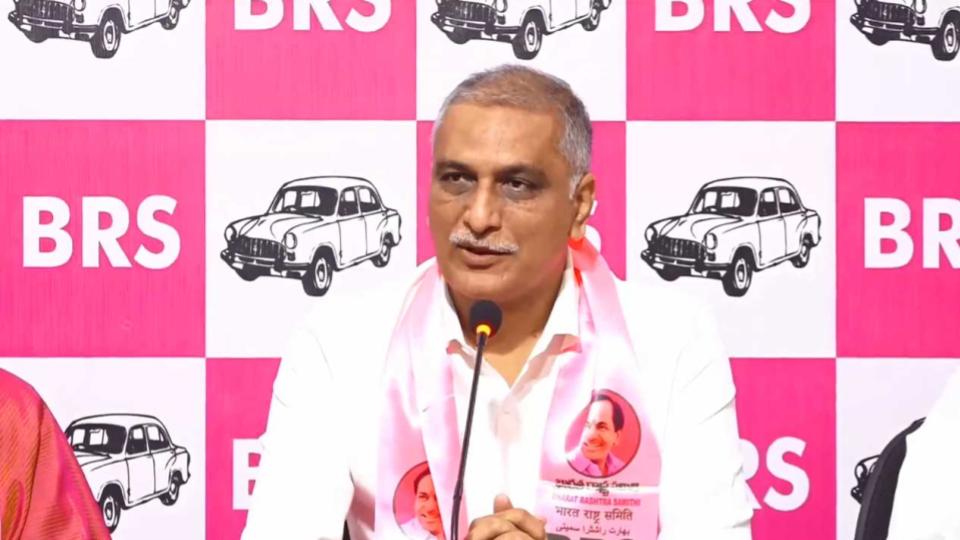
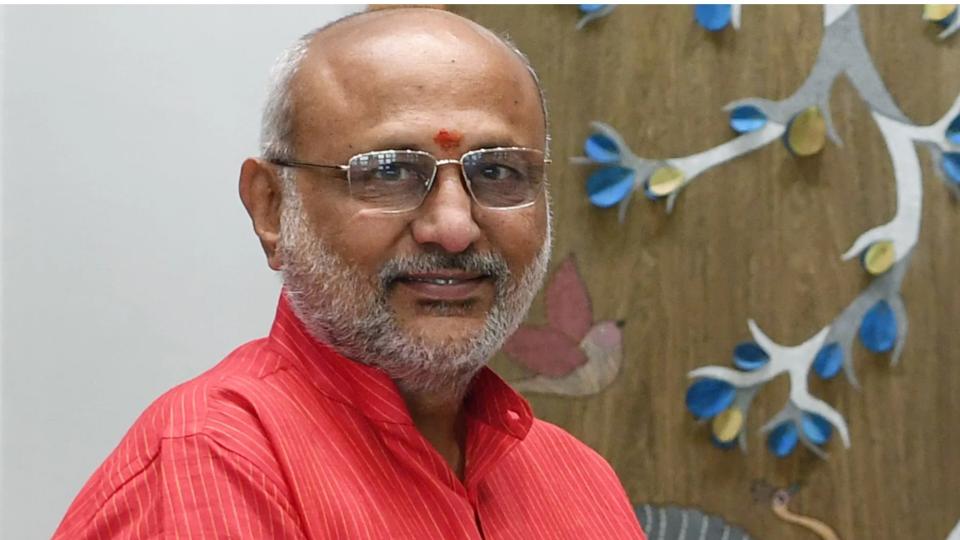
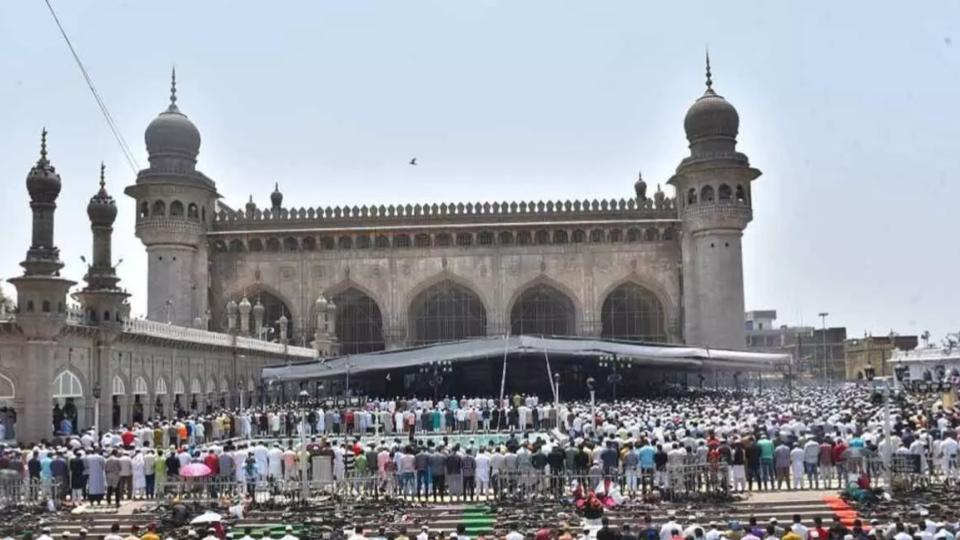
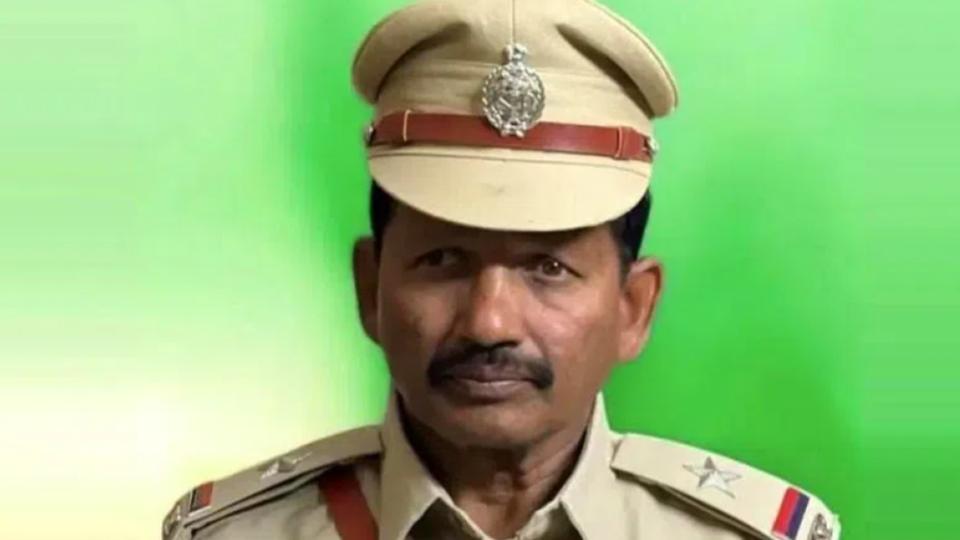












.jpg)
.jpg)
.jpg)


